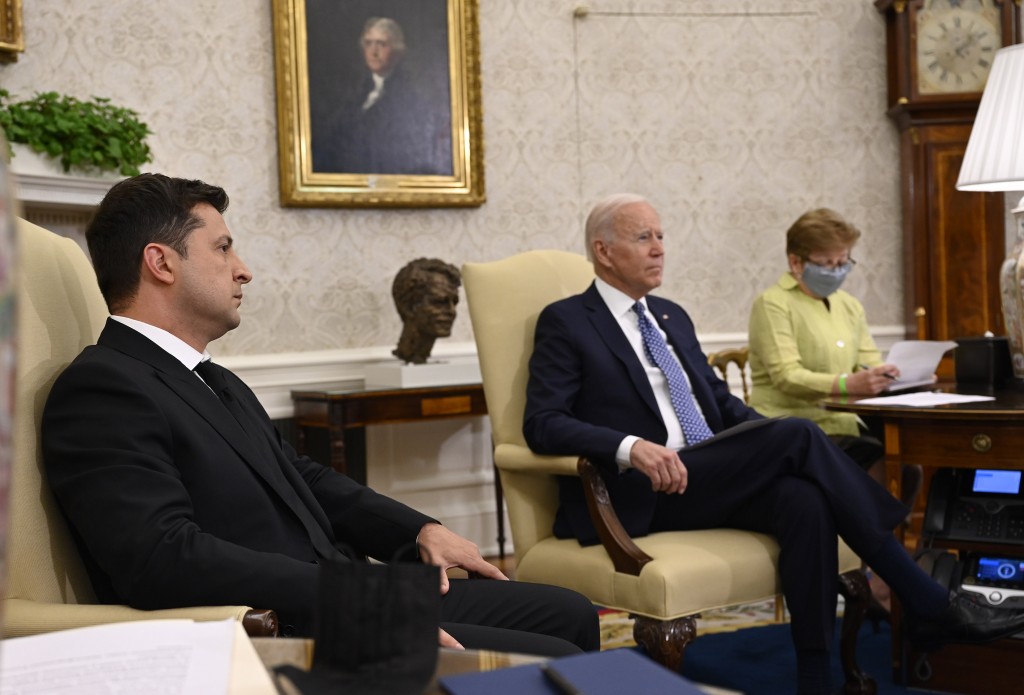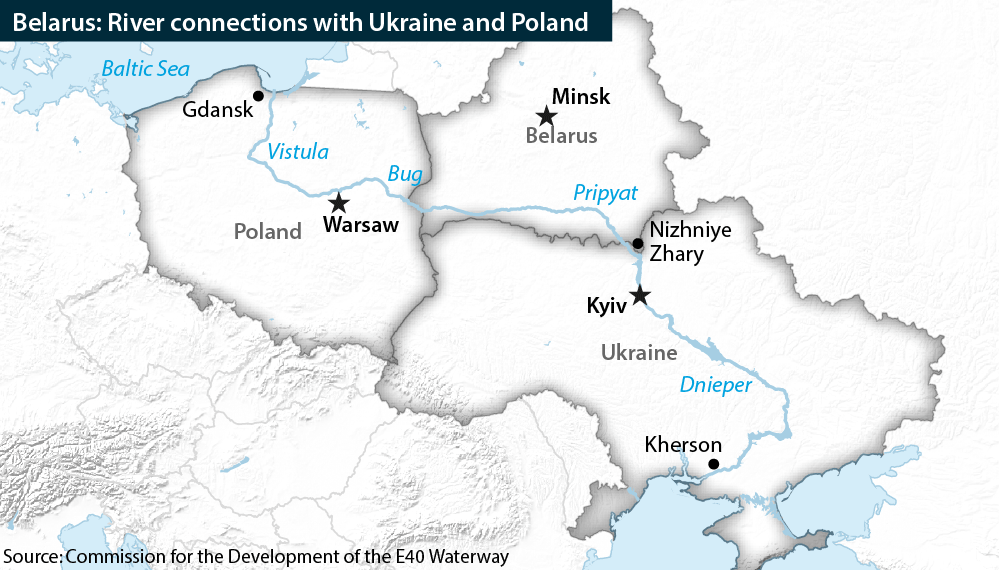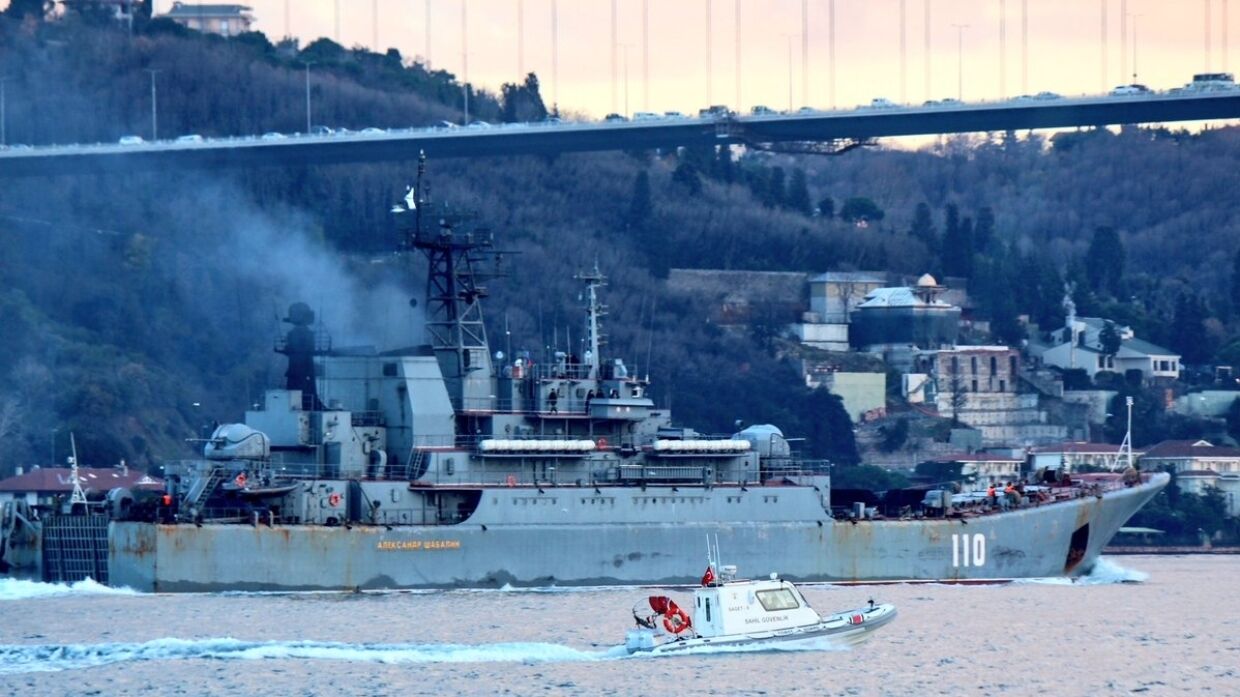On 5 February, the Council of Europe announced that it was finally ready to punish the worst offenders. The Committee of Ministers of the CoE, the governing body of the organization comprising the ambassadors of its 47 Member States, decided on a new procedure for responding "to serious violations by a member State of its statutory obligations.”
The states seeking the "forgiveness" of Russia in Strasbourg had done everything to prevent the country’s aggression against Ukraine from being a reason for sanctions in PACE. In particular, Russia’s aggression in eastern Ukraine and the occupation of the Crimea are not "serious violations," based on the wording of the document. Additionally, it is now unrealistic to punish Putin for his other actions, as the procedure gives Russia every opportunity to get away with violations.
The bills are paid
It's worth noting that the news from Strasbourg did not come as a surprise.
On the contrary, this decision was expected, but this does not make it any less outrageous. By adopting it, the Council of Europe completed implementing the "reconciliation" agreements it reached with Russia last year. Without Ukraine's participation in the process, and contrary to Ukraine’s position. European Pravda reported about these arrangements last summer.
Then PACE changed its own rules of procedure, amputated its own powers to impose sanctions, and agreed to return the Russian parliamentarians to the assembly without any sanctions if Moscow would only give up its threats to leave the Council of Europe. For their part, the Russians promised:
- to resume payments to the organization's budget (Russia did so on 4 September 2019);
- to release some of the Ukrainian hostages, including the captive Ukrainian Navy POWs (this happened almost simultaneously - on 7 September 2019, with Russia managing to get the best bargain for itself);
Yet another condition remained to fulfill the agreement: the Council of Europe had to approve a new, complicated sanctioning procedure for the worst offenders, which would guarantee Moscow that it would not be subjected to sanctions.
Strasbourg completed this part of the work "with honors." The preliminary approval of the new procedure was a major issue on the agenda of the January PACE session, where it was approved by an absolute majority. And this week, the Council of Europe's main rulemaking body, the Committee of Ministers (CM), completed its part of the work, doing so in the most suitable (for the Russians) way.
At the same time, the Russians pulled off a special informational operation, which not only blocked the Ukrainian amendments to the decision, but also helped to create a myth that the Russians had nothing to do with that.
More details on this will come in a while; first, let’s look at the changes introduced by the decision of the CM.
No sanctions for Donbas
In the summer of 2019, when PACE amputated its own sanction powers, the initiators of this decision - primarily France and Germany - tried to save their faces (because the media in their respective countries criticized it), saying that it was a temporary decision, and a new and even tougher sanctioning mechanism will be adopted as early as 2020.
Even then, many did not believe that the new procedure would give real possibilities to punish the Kremlin. However, some details of the new mechanism surpassed even the expectations of the skeptics.
The mechanism, as it is adopted, is very complicated.
The support of 130 PACE members from different delegations (collecting such a number of signatures on one piece of paper is difficult even logistically) or two-thirds of the votes of the member states in the CM is required only to initiate it. The approval of sanctions under this scheme is preceded by a lengthy process of dialogue with the offending State and by the exploration of ways to avoid imposing sanctions (according to the decision of the CM, the indicative timeframe of the procedure is 12 months). At every stage, the process can be continued, paused, or terminated if "positive progress" is achieved.
And, most importantly, as it is outlined in the CM decision, sanctions can be finally imposed only if "there has been no improvement of the situation." Therefore, it is enough for the offending State to demonstrate some progress, without even resolving the situation, to sweet-talk everybody.
And that's not all.
The violation of the article of the Statute of the Council of Europe stating that the organization is established on "peace based upon justice and international co-operation" cannot be a trigger to launch a new procedure - PACE received such an amendment from Ukraine, but it was struck down.
And that was not an accident.
Several of European Pravda’s interlocutors among PACE members and diplomats (both from Ukraine and friendly states) explained that the CoE is considering… Azerbaijan, but not Russia as the likely "first victim" of the new procedure.
According to the CM decision, the procedure can only be initiated if the state ceases to "accept the principles of the rule of law and of the enjoyment by all persons within its jurisdiction of human rights and fundamental freedoms." Namely, the state must, basically, refuse to abide by any of the fundamental freedoms and take no steps to remedy the violation. Strasbourg is convinced that Russia will not go for it.
Is it possible to punish Russia beyond the new rules? In theory, yes.
Both the decision of the CM and the statements of all Council of Europe officials emphasize that the new procedure is a complimentary one and that the old rapid-reaction mechanisms remain valid. You can even exclude a member state from the organization without initiating any procedures. But this is all in theory.
In practice, the Council of Europe has no political will to impose any sanctions on the Russian Federation again.
Moreover, even Ukraine’s friendly member states show a reluctance to fight.
Ukraine vs. everyone else
When the new sanction procedure was approved by PACE, it gained a strong majority in its support: 109 MPs voted in favor, 24 were against. Another 30 MPs abstained - a very high figure for the Assembly. And even more parliamentarians (including those from Ukraine's friendly states) simply left the room or did not press any button.
That was the time the first alarms went on.
Last summer Ukraine, under the previous composition of the Parliament, created the Baltic+ group in PACE consisting of MPs from states which support Ukraine – from Poland, the Baltic states, Georgia, etc. But why did five Poles and three Georgians vote in favor of the sanctioning procedure that gets Russia out of trouble, and nobody from those states voted against? Why did all the Lithuanians abstain? And why did most MPs from the UK vote in favor? This is because Russia conducted a very effective information operation in PACE which Ukraine either did not identify on time or could not stop.
It was like turkeys voting for Christmas. But many Western politicians seemed to believe in that, or at least they pretended to.
It also became a powerful argument for not taking the Ukrainian amendments to this decision into account (like, we do not take either Ukrainian or Russian proposals into account).
And, unfortunately, this "anti-Russian procedure" game continued in the CM.
The voting results in the Committee of Ministers are non-public, so they cannot be verified. But according to European Pravda, Ukraine was the only country to vote against. Russia and several other states abstained. Instead, all (or almost all) of those whom Ukraine considered friendly states supported the new sanction mechanism, including Georgia, which presides the Committee of Ministers.
Although this does not seem too unexpected considering the statements of Georgian representatives in Strasbourg, when the Georgian president did not dare to support new sanctions against Russia and the Foreign Minister did not even mention Russian aggression against his country in his speech.
And this, unfortunately, reflects a new reality, where not only the Council of Europe, but also our continent has found itself. "The attack on Ukraine, the occupation of the Crimea and their consequences are terrible, but let's try to talk to Russia" - this opinion is becoming more and more common.
And even under these circumstances, Kyiv has nothing to do but fight, try to change what can be changed, give evidence, make demands. Russia's aggression against Ukraine is ongoing, so it is not surprising that it hurts Ukraine the most.
Even if Ukraine remains the only one reminding its Western partners about the crimes of the Russian Federation, it should not stop doing so.
Read more:
- Consequences of restoring Russia’s voting rights in PACE
- No limits for Russia: how PACE agreed to lift sanctions on the aggressor
- Russia’s return to PACE is bad news for the human rights situation in Russia – Nikolai Polozov
- PACE destroys sanctions mechanism, allowing return of Russian delegation
- Looks like 1938: how Berlin and Paris made a step towards lifting sanctions on Russia in PACE
- Russia ignores PACE resolutions to end aggression against Ukraine. So PACE prepares to lift sanctions
- Freeing Ukrainian Navy sailor POWs part of West’s deal to return Russia to PACE – media





